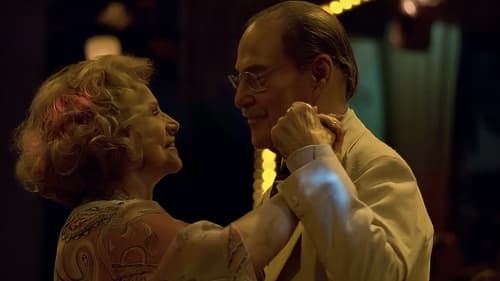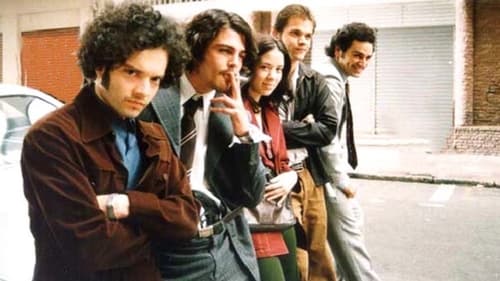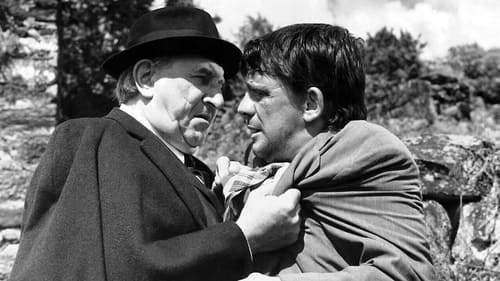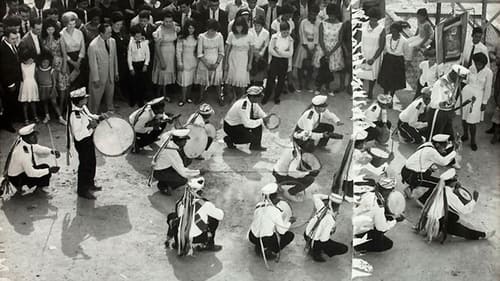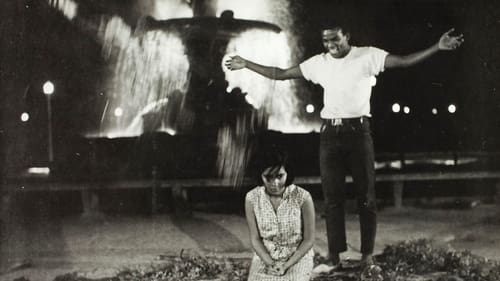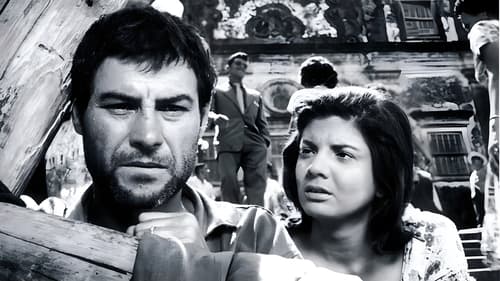Leonardo Villar
Nacimiento : 1923-07-25, Piracicaba, São Paulo, Brazil
Muerte : 2020-07-03
Historia
Leonardo Villar (born as Leonardo Motta in Piracicaba, São Paulo, on July 25, 1923 - São Paulo, July 3, 2020) was a Brazilian actor. He became internationally known for his performance as Zé do Burro in Anselmo Duarte's O Pagador de Promessas, the only Brazilian film so far awarded with a Palme d'Or at the Cannes Film Festival.
He started his career at the theater, but later also started acting in film and television. Villar debuted at the theater on the 1950 play Os Pássaros. His first film role only came in 1962 as Zé do Burro in Anselmo Duarte's O Pagador de Promessas. He received international exposure for the role after the film won the Palme d'Or and became the first Brazilian and South American feature nominated for the Academy Award for Best Foreign Language Film. In 1965 he debuted on television in the TV Tupi telenovela A Cor de Sua Pele, which tells the story of an interracial relationship. In 1972, he moved to Rede Globo, where he starred in successful shows such as Escalada and Estúpido Cupido.
In 2001, after almost 20 years without acting in the theater, he starred in the play A Moratória. In 2008, after eight years without acting in a film, he starred in the critically acclaimed Chega de Saudade.
From Wikipedia, the free encyclopedia




